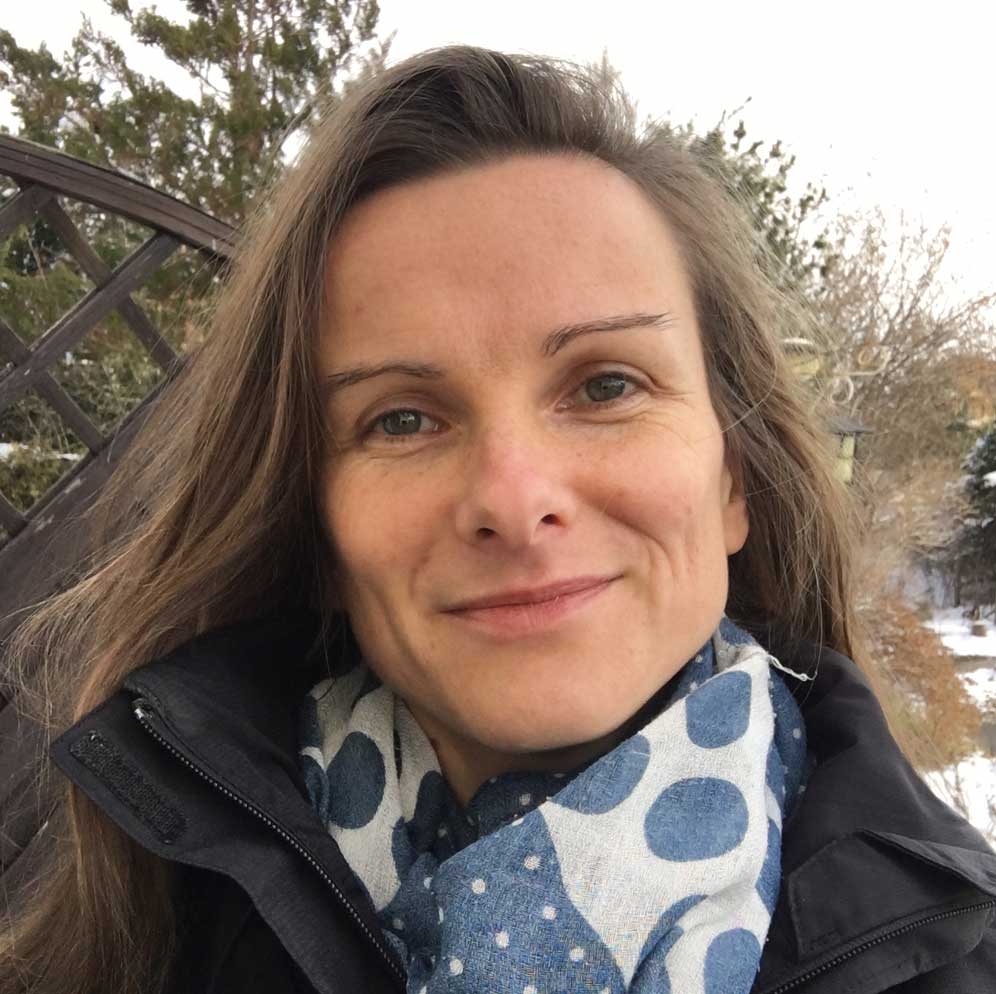Extreme weather events have been occurring more frequently in recent years. Forests are increasingly impacted by storms. Windthrow or trunk breakage has far-reaching economic, ecological and social consequences. Next to this primary damage to forest stands, secondary damage is usually caused by subsequent calamities such as bark beetles or other factors such as fire, sun, snow/ice or additional wind damage. Losses (tertiary damage) also occur from loss of production due to shortened rotation times, more difficult processing and other long-term restrictions on forest use.
Furthermore, storm-related quality losses reduce revenue due to the falling sales prices for the storm-damaged timber, as the markets become oversaturated due to the usually massive volume of storm-damaged timber. Crisis management after storm calamities poses great challenges to forest owners.
The WINMOL project is developing tools for crisis management after storms, for minimizing and avoiding storm calamities and for planning the recovery from damage, together with foresters.

WINMOL’s Approach: The project aims to develop methods and models to quickly identify and map acute and potential storm surge areas in order to help avoiding subsequent calamities.
The specific objectives are:
Adaptation and optimization of storm damage models at different scale levels for German stands; Creation of vulnerability maps and handouts for forestry practice.
The risk of damage to stands is determined by modelling and forecasting windthrow events. Satellite data of storm events is analysed and the damaged areas are recorded in automated procedures with drones and analysed by computer. The high-resolution aerial maps obtained in this way can be used directly for situation assessment, determination of the quantities of damaged timber and their assortments, and for reliable planning of reprocessing measures and logistics. The research will result among others in vulnerability maps to inform foresters.

The HNEE led project is jointly implemented with the Thünen Institute.
Project Contact: Nicole Albert (HNEE) project coordination